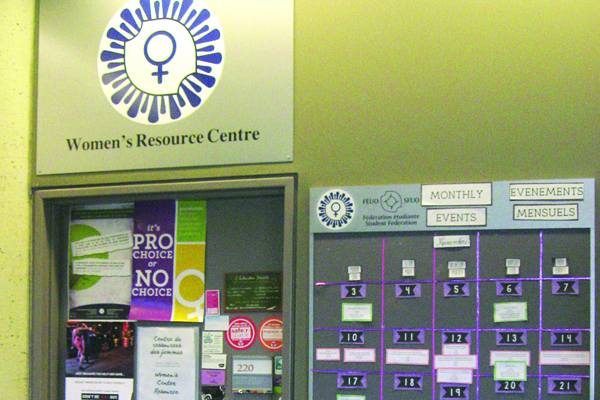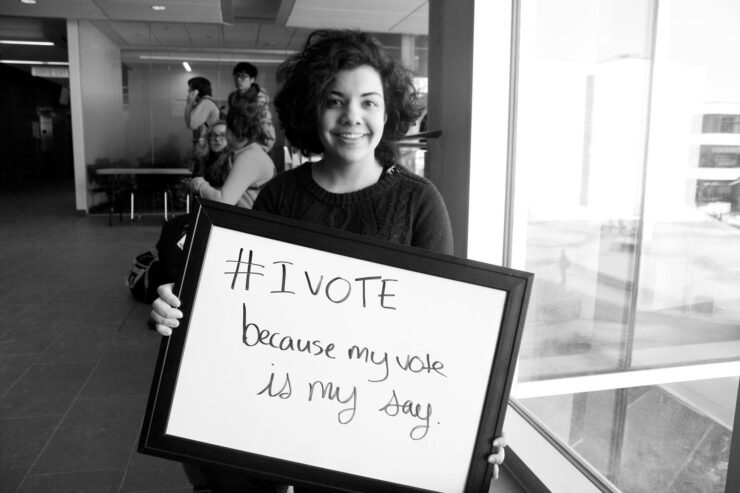Rejected proposals and ‘threat of financial penalty’ cause confusion
Photo: Mackenzie Powell
An initiative by the Student Federation of the University of Ottawa (SFUO) to carry out workshops that will address the way we talk about sexual violence has thrown speed bumps in front of the federated bodies required to host them.
Student associations from each faculty were informed in the summer about the workshop, they are mandated to host this school year, but how to do so has been something of a mystery.
The project, which has been in the works since the winter, was brought to a final vote in July, according to vice-president of equity Maya McDonald. The federated student bodies are required to host rape culture workshops with guidelines stipulated by the Women’s Resource Centre (WRC).
“The aim of the workshops is to help our student leaders … and our students unlearn a lot of really problematic attitudes and behaviours that are associated with sexual violence,” McDonald wrote in an email to the Fulcrum.
The regulations stipulate that all elected representatives are required to attend the workshop. It must be held within two months of a student election period, open to the rest of the faculty, and promoted for a minimum of three weeks prior to the event.
If those requirements aren’t met, the federated bodies were worried that they would have their levies withheld.
That penalty has since been removed, but not before various student associations tried and failed to fully understand how they could make their workshops work.
The Conflict Studies and Human Rights Association (CHRA) met opposition when they wanted to alter the format of their own workshops.
“We wanted to bring in additional speakers,” said Storm Davis, first-year representative of the CHRA, because they wanted to show different victims of sexual violence, not just women.
“We clarified that in no way would this conflict with the workshop that the WRC had already started,” he said, however the WRC rejected their suggestions. The CHRA then contacted the SFUO who said they would be allowed to bring in additional speakers, said Davis, but the WRC again rejected their proposal.
Not all associations were given clear directions, according to Lucy Ellis, vice-president of finance of the Undergraduate English Students’ Association.
Ellis attended the Board of Administration meeting on Oct. 19 seeking clarification.
“My biggest concern with the rape culture workshop amendment was the threat of financial penalty if we did not comply, and the fact that I didn’t even know it was an obligation until after the deadline had passed,” Ellis wrote to the Fulcrum.
Elsa Mirzaei, president of the Science Students’ Association, said she was also confused by the specific requirements.
“I think the issue is that cutting funding for an association isn’t really a good accountability measure for folks in charge of the federated bodies,” she said.
McDonald said the SFUO has since changed up the structure “to adequately address a number of the concerns.”
Federated bodies will not be penalized unless they don’t try to host the workshops, according to Ellis. The CHRA is now allowed to bring in separate speakers.
“Hopefully this year will serve to work out the communication kinks in running this workshop,” said Mirzaei.
She and Ellis said the workshops offer an important platform to discuss how people think and talk about rape and sexual assault, despite the haphazard organization and lack of communication between the different organizations.
“As a survivor of sexual violence,” said Mirzaei, “I unfortunately still witness and experience the desperate need for our student leaders to step it up and create safer spaces for other survivors.”





